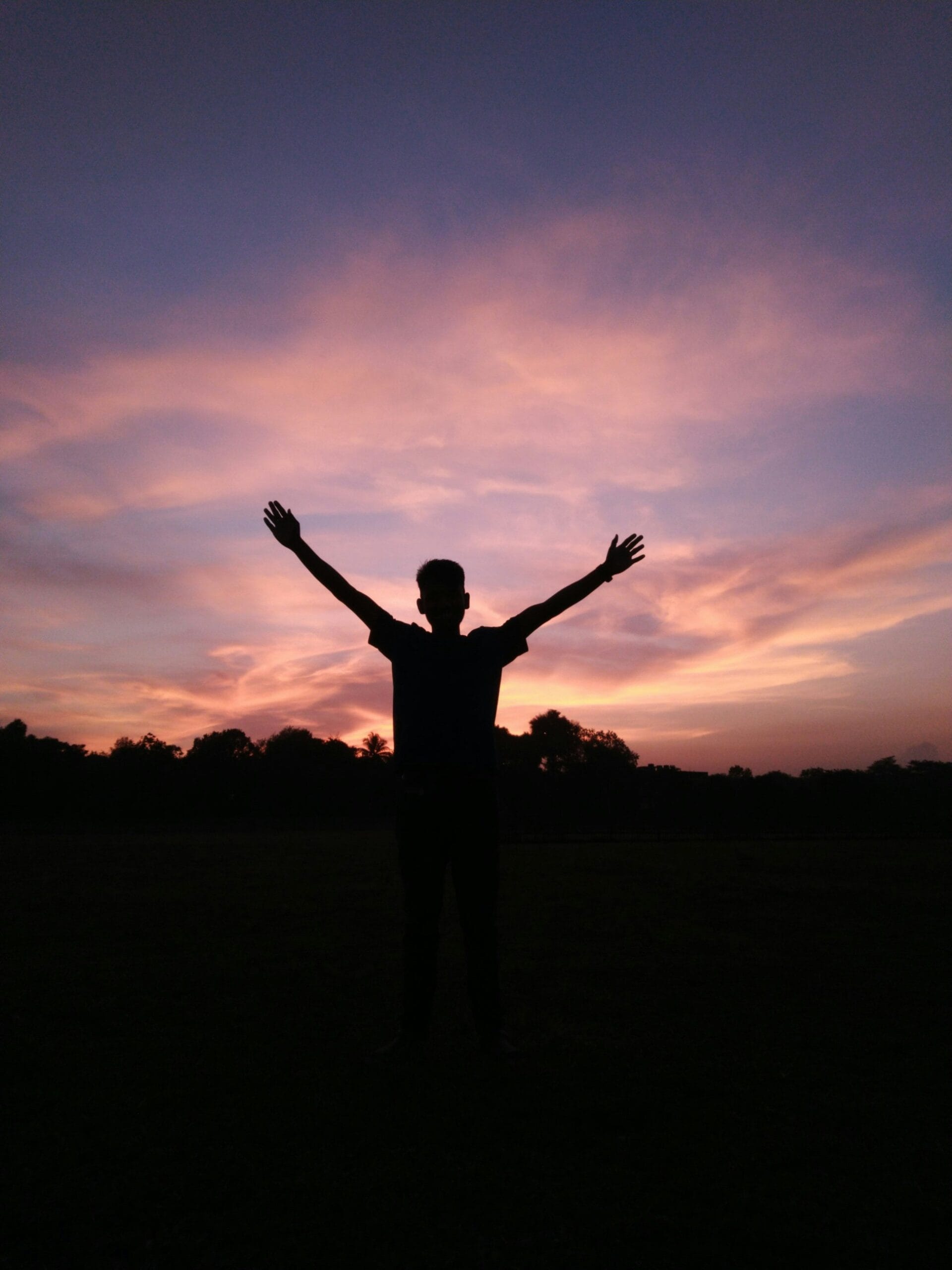My Life Restructured–Literally
Surviving a painful surgery with a long recovery showed Jimmy they were capable of finding the inner strength needed to triumph over pain and hardship.

Story
My parents told me that the operation wouldn’t be so bad. As I would come to find out, they were withholding the painful truth: spinal fusion surgery is as bad as it sounds.
When I was in my early teens, I suffered from intense scoliosis. Scoliosis is something that most people have, if you can believe it; it simply means that your spine isn’t perfectly straight. For the majority of those who have it, that curvature hovers around a measly two or three degrees. I had no such luck.
The curvature of my spine was over thirty degrees and pushing toward forty at its worst. If you have trouble picturing that, take out a piece of paper and draw a forty-five degree angle; now imagine someone’s backbone looking like that. It was as unpleasant to live with as you probably think. I had difficulty breathing, walking, and especially with more demanding physical activities. PE class at school wasn’t just a nightmare because I was out of shape; it was a nightmare because I was quite literally out of shape.
We tried everything before resorting to surgery.
Physical therapy was exhausting, but the people who worked with me were nice and did the best they could. I enjoyed the massages I would get during my appointments. My parents even attempted less conventional methods, such as purchasing a table you could strap yourself to and use to hang upside down for a few minutes. That one was a novel idea, but predictably, it didn’t do much to alleviate such a tremendous misalignment of my core structure.
So surgery was what we ultimately decided upon; it was either that or suffer a slow, early death at the hands of my own spine. Frankly, I was scared. I was a mere fourteen years of age, and I’d never had even a minor surgery before; and the procedure for intense scoliosis is, well, intense. The months leading up to the operation did little to calm me. I made constant trips to the doctor to monitor the progression of my curve, to check for irregularities, and generally just to prepare me for the journey ahead.

Needless to say, nothing could have prepared me for what would come.
One minute, I was in a bed; the next, I was in a different bed, and my entire world was on fire. As it turned out, getting your back sliced open and your skeleton rearranged wasn’t something that you recovered from so easily. My parents had hidden this truth from me, and now—through a morphine-induced delirium—I was forced to confront it.
For the next week, my world was a haze. I would fade in and out of consciousness like a leaf being blown to and fro in the wind—there one moment, gone the next. Occasionally, the faces of my parents would be there to greet me, smiling, teary. They would assure me that I was strong, that I would get through this. Their words were the only solace I had to grip to—well, that and my morphine drip.
I do want to be clear: the hospital and the nurses who cared for me did an exceptional job. They were caring, attentive, and always at my side when I needed them. That said, there was only so much they could do to ease my suffering.
The physical therapy I was made to do was the worst of it all. It was painful enough lying still; now imagine having to twist and turn and eventually try to walk in that condition. It felt like torture. It was torture. But it was necessary. Without that pain, I never could have recovered. Without that struggle, I never would have walked again.
With time, things got easier—never easy, but easier. With time, I was discharged from the hospital. With time, I was able to stand for more than a minute. With time, I was able to bathe myself, maintain myself, and eventually carry myself as if nothing had happened at all.
I wasn’t just alive; I was better. I was healthier. It hurt so much to get to that point, but by the time it was over, I had never felt better.
That sentiment encapsulates my entire journey. Had I not endured the—ultimately brief—moments of hardship, I would have been infinitely worse off than if I had chosen to avoid the pain. Above all, this experience showed me that no matter how high the mountain, how arduous the trek, I could do it. If I could survive being cut open and literally restructured—having my life torn apart and rebuilt—then I could survive anything.
About the contributor
James Reeves, also known as J. C. Jimmy, is a self-published author and paralegal from humble Oriental, North Carolina. They enjoy making art, music, and games in their free time.